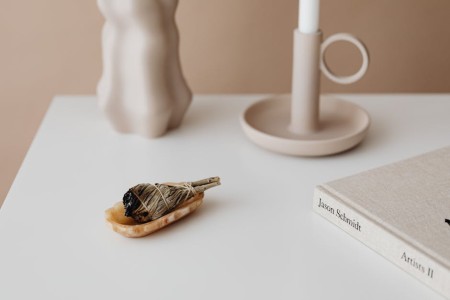**Abstract:** Discover how to transform your meditation space using feng shui principles. Enhance tranquility, focus, and energy flow to create a sanctuary for your mind and spirit.
Creating a Harmonious Environment
Feng shui is an ancient Chinese practice that emphasizes the importance of energy flow, or “chi,” in our surroundings. To create a peaceful meditation space, start by decluttering the area. A clean and organized environment promotes relaxation and mental clarity. Remove any items that don’t serve a purpose or resonate with positive energy. This simple step allows for a smoother flow of chi, fostering a more serene atmosphere for meditation.
Choosing the Right Location
The location of your meditation space is crucial. Ideally, it should be in a quiet part of your home, away from distractions. Feng shui suggests that placing your meditation area in the southeast corner can enhance prosperity and abundance. If this isn’t possible, choose a spot that feels inviting and safe. Positioning your space near natural light can also enhance the energy, as sunlight symbolizes growth and vitality.
Color Schemes That Inspire Calm
Colors play a significant role in feng shui, impacting mood and energy levels. Soft, earthy tones such as greens, blues, and browns can create a calming environment. These colors promote relaxation and help reduce stress, making them ideal for a meditation space. Avoid overly bright or harsh colors that can be distracting. Instead, incorporate subtle accents that resonate with your personal style while maintaining tranquility.
Incorporating Natural Elements
Integrating natural elements into your meditation space can significantly enhance the feng shui energy. Consider adding plants, which not only purify the air but also symbolize growth and renewal. Crystals, such as amethyst or clear quartz, can amplify positive energy and promote clarity during meditation. Water features, like a small fountain, can also be beneficial, as flowing water is associated with abundance and serenity.
Mindful Arrangement of Furniture
The arrangement of furniture is vital in feng shui. Ensure that your seating or meditation cushion faces the entrance of the room, allowing you to feel secure and in control. Avoid placing your back to the door, as this can create a sense of vulnerability. Instead, position your meditation seat in a way that invites openness and connection with the space. A round or oval shape for seating can also encourage positive energy flow.
Personal Touches for Individual Energy
While feng shui principles provide a solid foundation, personal touches are essential for creating a space that resonates with you. Incorporate items that inspire you—whether it’s artwork, meaningful photographs, or symbols of your spiritual journey. These elements should evoke positive emotions and reinforce your intention for meditation. Personalization allows your meditation space to become a true reflection of your inner self.
Establishing a Routine
Once your meditation space is set up, establish a routine to cultivate the energy you desire. Consistency is key in feng shui practice. Dedicate specific times for meditation, allowing the space to become a sacred sanctuary for your mind and spirit. Over time, this routine will enhance the energy of the space, making it easier to enter a meditative state and connect with your inner self.
In conclusion, using feng shui to enhance your meditation space can profoundly impact your practice. By focusing on decluttering, choosing the right location, incorporating calming colors and natural elements, and personalizing your space, you can create an environment that fosters peace, clarity, and spiritual growth. Embrace these principles, and watch your meditation practice flourish.










